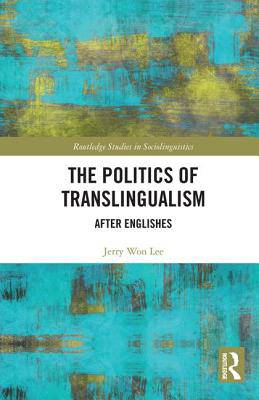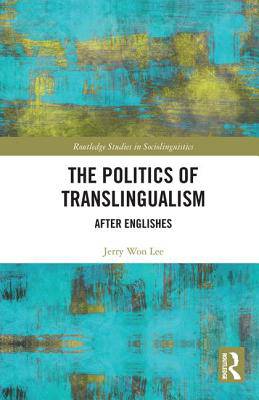
- Afhalen na 1 uur in een winkel met voorraad
- Gratis thuislevering in België vanaf € 30
- Ruim aanbod met 7 miljoen producten
- Afhalen na 1 uur in een winkel met voorraad
- Gratis thuislevering in België vanaf € 30
- Ruim aanbod met 7 miljoen producten
Omschrijving
Translingualism refers to an orientation in scholarship that recognizes the fluidity of language boundaries and endorses a greater tolerance for the plurality of Englishes worldwide. However, it is possible that translingualism exacerbates the very problems it seeks to redress. This book seeks to destabilize underlying attitudes inherent in the narrowly conceptualized view of Englishes by pushing forward current theories of translingualism and integrating cutting-edge scholarship from sociolinguistics, critical theory, and composition studies. The Politics of Translingualism pays particular attention to the politics of evaluating language, including different Englishes, at a moment of unprecedented linguistic plurality worldwide. The book draws on analyses of a wide range of artifacts, from television commercials, social media comments, contemporary and canonical poetry, contemporary and historical English phrasebooks, commercial shop signs, and the writing of multilingual university students. The volume also looks outside the classroom, featuring interviews with recruiters in a number of professional fields to examine the ways in which language ideologies about Englishes can impact students entering the workforce. This book offers an innovative take on current debates on multilingualism and global Englishes, serving as an ideal resource for students and scholars in applied linguistics, sociolinguistics, composition studies, education, and cultural studies.
Specificaties
Betrokkenen
- Auteur(s):
- Uitgeverij:
Inhoud
- Aantal bladzijden:
- 180
- Taal:
- Engels
- Reeks:
Eigenschappen
- Productcode (EAN):
- 9781138233058
- Verschijningsdatum:
- 12/10/2017
- Uitvoering:
- Hardcover
- Formaat:
- Genaaid
- Afmetingen:
- 152 mm x 229 mm
- Gewicht:
- 339 g

Alleen bij Standaard Boekhandel
Beoordelingen
We publiceren alleen reviews die voldoen aan de voorwaarden voor reviews. Bekijk onze voorwaarden voor reviews.











